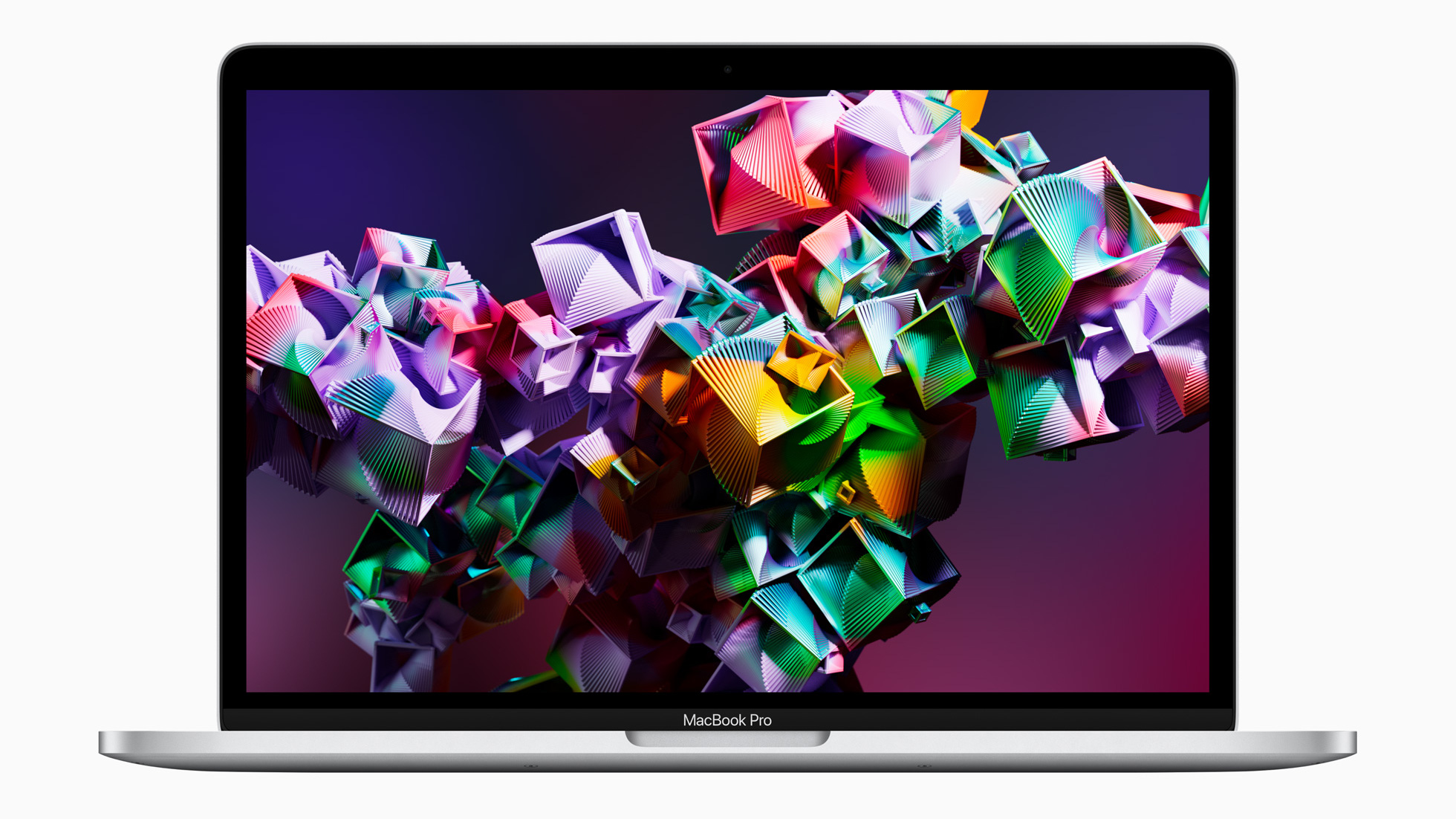We had big hopes for Apple’s recently-released M2 chip, but it seems rival companies are keeping a concerned eye on its success over fears that it could eat into the profits of Intel-powered Windows laptops.
As reported by MacRumors (opens in new tab), this information comes from industry sources cited by Digitimes (opens in new tab) who claim the current generation of MacBooks are finally within the right price and performance to start attracting those who were previously disinterested in purchasing a Mac system.
The report claims “A Wintel [Windows laptops powered by Intel] brand vendor pointed out that at a price point of US$1,000-$1,500, the MacBook Air will crowd out other high-end notebooks. Upgrades to the M2 processor, camera lens, and casing put the slight price increase of the new MacBook Air within an acceptable range for consumers.”
The pricing comparison is something we here at TechRadar have been raising since the previous M1-powered MacBook Air and 13-inch MacBook Pro were released back in 2020. For the sake of comparison, the 2020 Dell XPS 15 2020 retailed for $1,299 (about £1,030, AU$1,890) at release for a 10th-generation Intel Core i5 processor, 8GB of RAM and a 256GB SSD.
Meanwhile, the M1 MacBook Air was originally priced at $999 / £999 / AU$1,599 on release, and this is expected to drop now that its M2-powered successor has been unveiled, which places similarly priced Windows alternatives in jeopardy if they can’t compete with what Apple has to offer.
There is also concern that the current economic crisis facing western markets will also cause sales figures to plummet as inflation and the cost of living continue to rise. This won’t just affect the sale of Intel-based hardware though, as people are unlikely to purchase expensive tech when times are hard.
Analysis: Success will also depend on supply

It’s worth noting that Apple still has a supply chain crisis on its hands after lengthy Covid-19-related lockdowns across its manufacturing facilities in China forced production lines to close.
We’ve seen some MacBook Pro 14-inch (2021) and MacBook Pro 16-inch (2021) models become difficult to get hold of, with current shipping estimates for new orders now well into August, as well as rumblings that the recently announced M2-powered MacBook Pro 13-inch will also be affected by the production delays.
This leaves the M2 MacBook Air in a bit of a bind. There are two potential situations unfolding: either supply for the rest of the Mac portfolio has been restricted to accommodate for the anticipated popularity of the MacBook Air (given its consumer-friendly pricing), OR the Air will also be beholden to the same supply issues.
Apple has also voiced its own concerns that supply issues would impact its products throughout 2022 with almost its entire Mac catalogue being affected by shipping delays (opens in new tab), which could cost the company between $4 and $8 billion. Simply put, Apple can’t be much of a threat to Windows 11-based products if it doesn’t have any stock to outsell them.
Apple needs to work on its supply chain, not just to actually ship its hardware but also to reassure its fanbase that products will still be available to buy now that it’s finally bringing even hardcore Windows fans on board – or else it could lose out some of its well-earned market share to companies who don’t have a waiting list.




